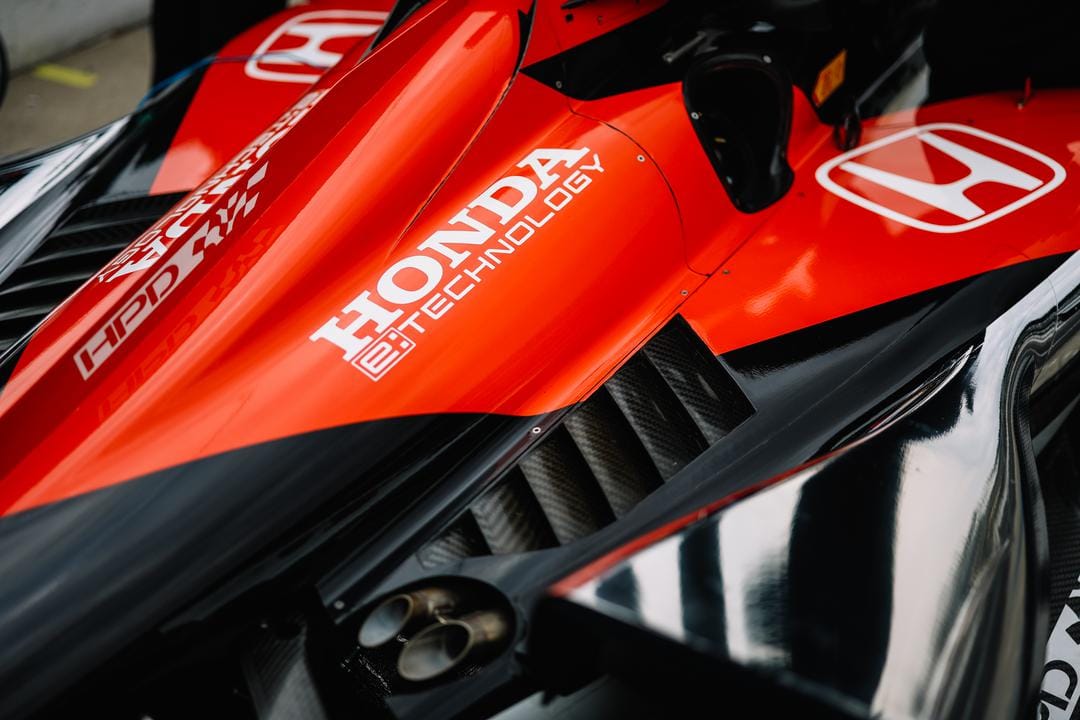until Abu Dhabi Autonomous Racing League

IndyCar has delayed the introduction of its hybrid unit again, from the start of the 2024 season until after the Indianapolis 500 in May later that year.
IndyCar has been testing its reworked hybrid unit complete with a super-capacitor - which reduces the need for as many batteries as other hybrid racing cars use - since August.
However, it was clear back in September that issues during testing combined with problems with the supply chain and producing enough units quickly enough was putting the project under extreme strain.
IndyCar has therefore elected to delay the introduction of the hybrid units and said the programme is now "expected to launch" after the Indy 500.
Detroit is the next race after, on June 2 the following weekend, but IndyCar's statement also alludes to the introduction being "during the second half of the season" which, if that's observed, would technically be Mid-Ohio in July, the fourth race after the Indy 500.
An increased entry list compared to the regular season and extra track time would have made the Indy 500 a tough event to get through with the new units.
It is the latest in a host of delays to the series' desire to implement hybrid.
Initially, the announcement of a hybrid unit delayed a new engine from 2021 to 2022, but the Covid pandemic pushed that back to 2023.

Then it decided not to introduce the new engine itself, a 2.4-litre unit, for 2024 in order to focus on getting the hybrid element ready, as Honda and Chevrolet agreed to pitch in and develop the unit with IndyCar themselves with the target of St Petersburg in March 2024 being the maiden race.
This further delay comes as IndyCar says it is "determined" to introduce hybrid power next year, although it has stopped short of naming a race to start.
Its current 2.2-litre engine has been in use as long as the current chassis, since 2012, so it starts its 13th season in 2024.
The series says it is more likely track records will be broken in the early part of 2024 because some of the weight-saving measures to counterbalance the retrofitting of the hybrid unit should bring the weight of the cars down, along with laptimes.
A new aeroscreen plus a lightened gearbox, and a new bellhousing where the hybrid unit will be stored, contribute to the weight loss.

